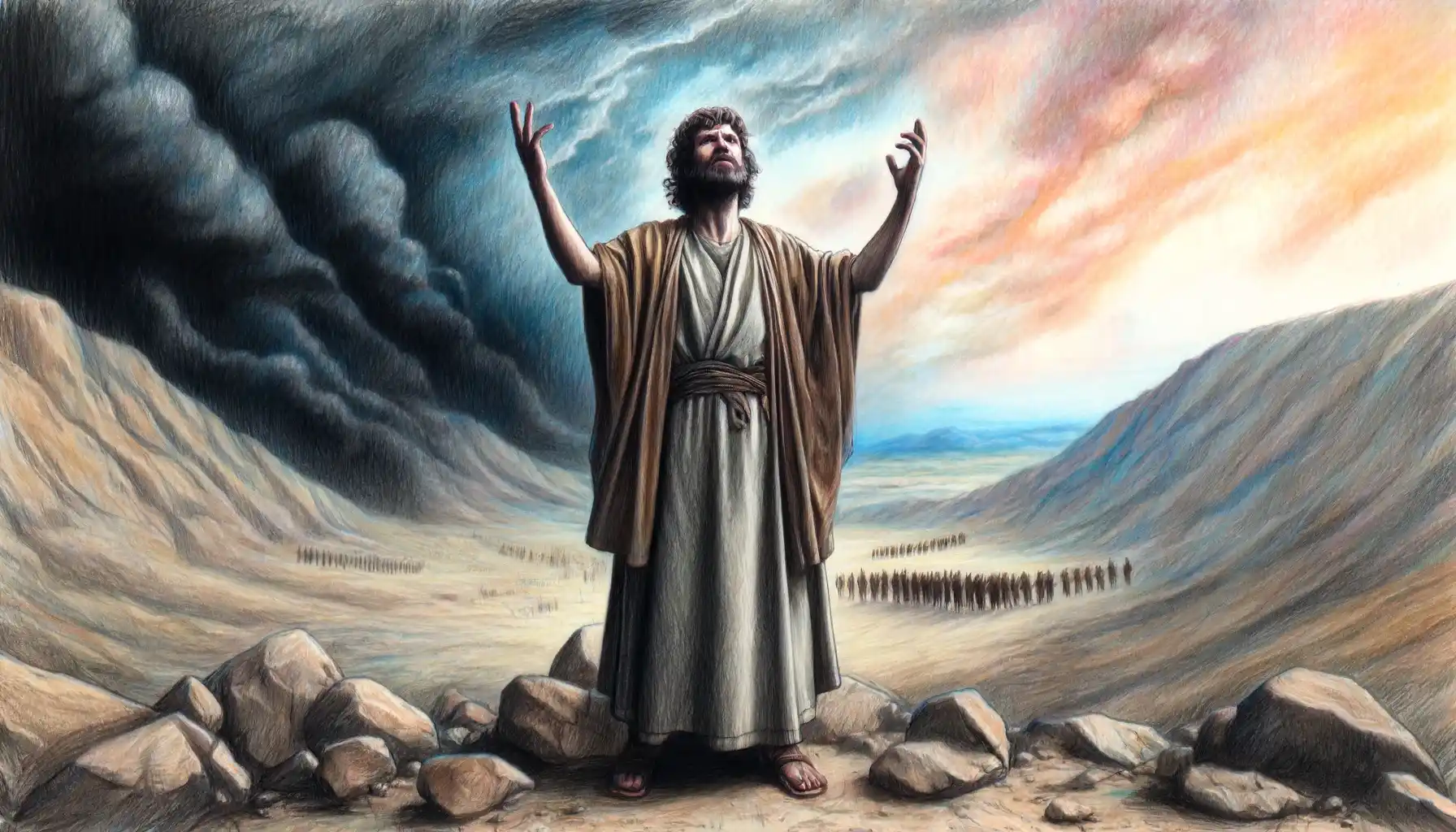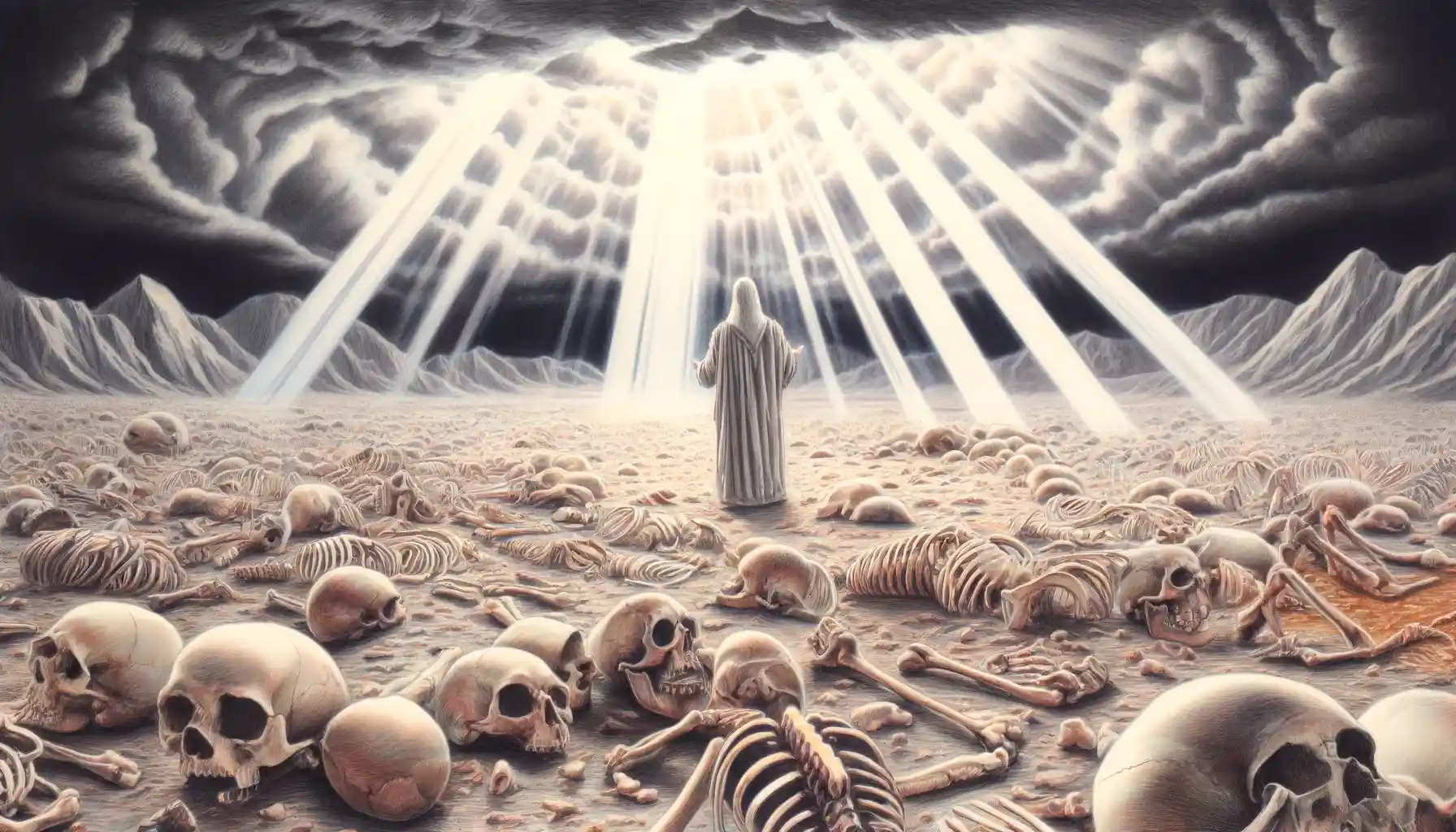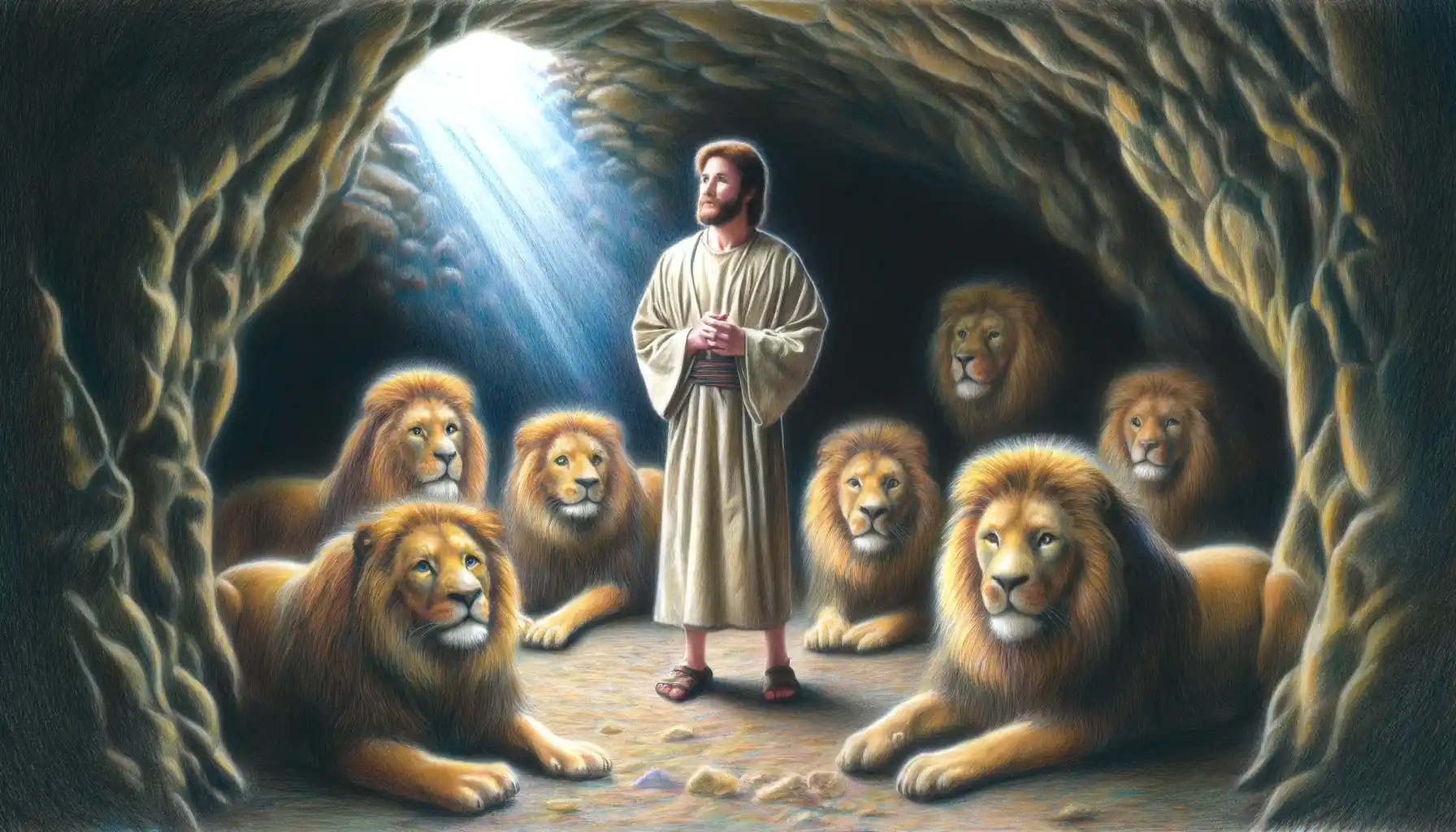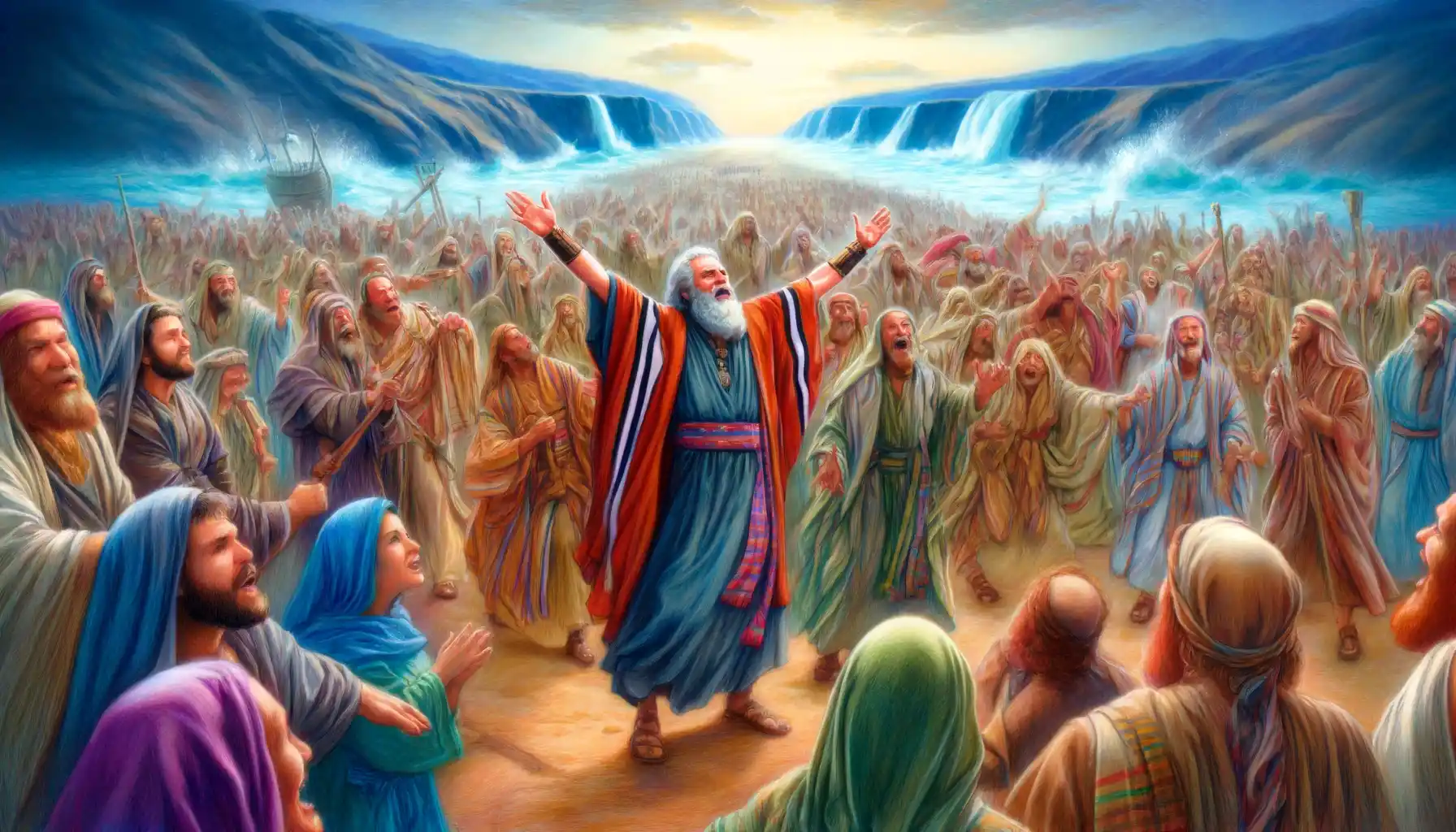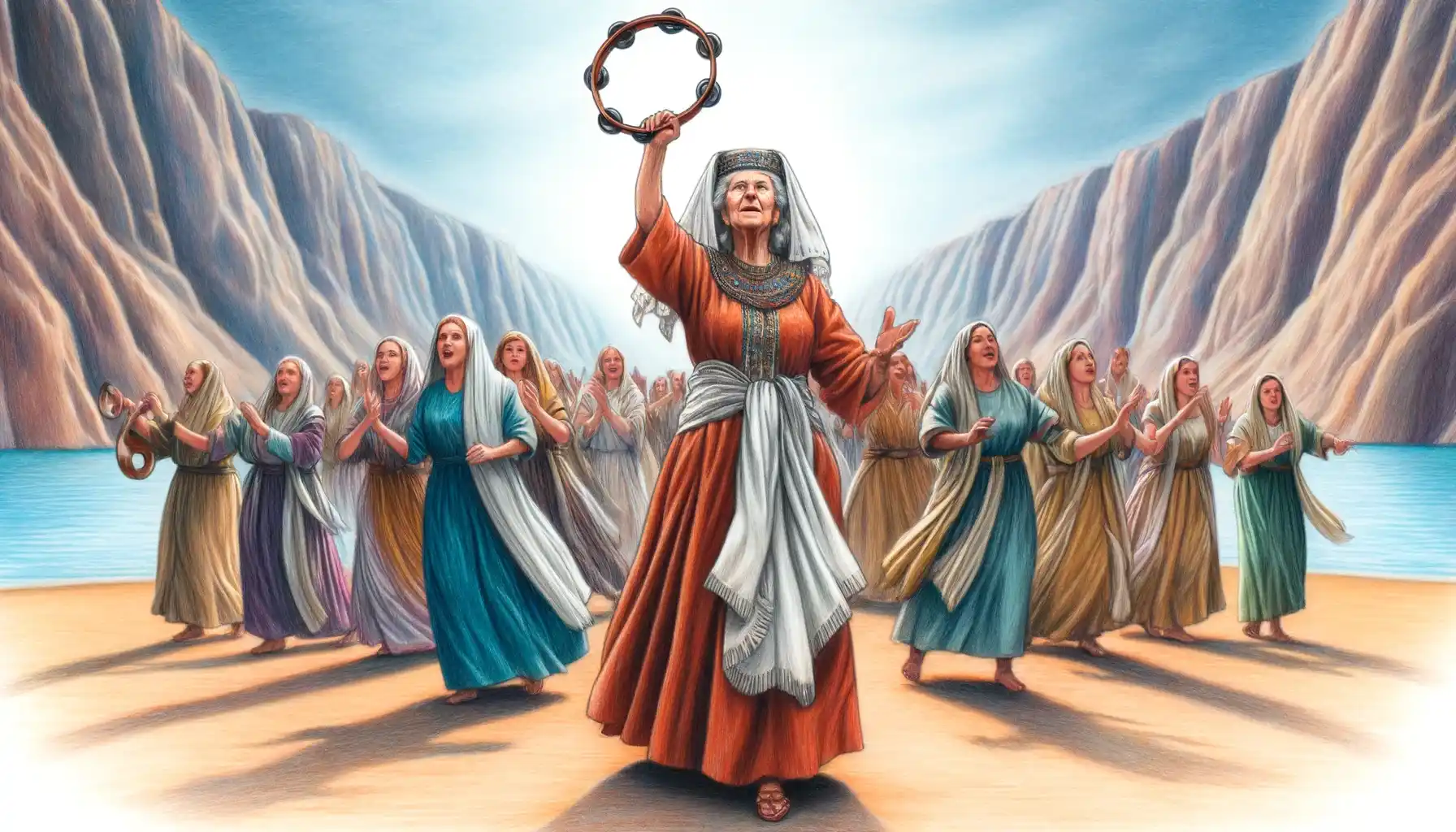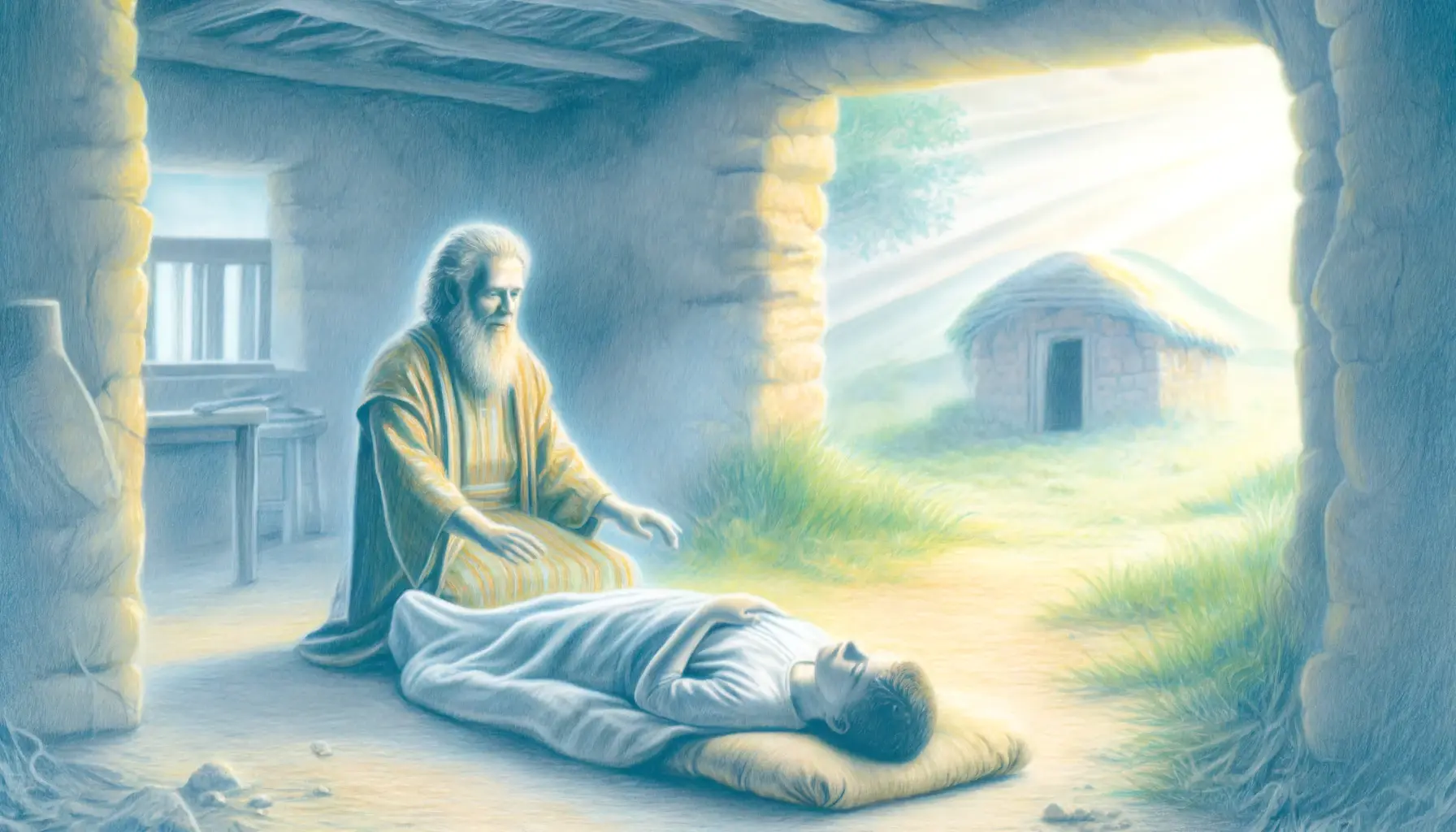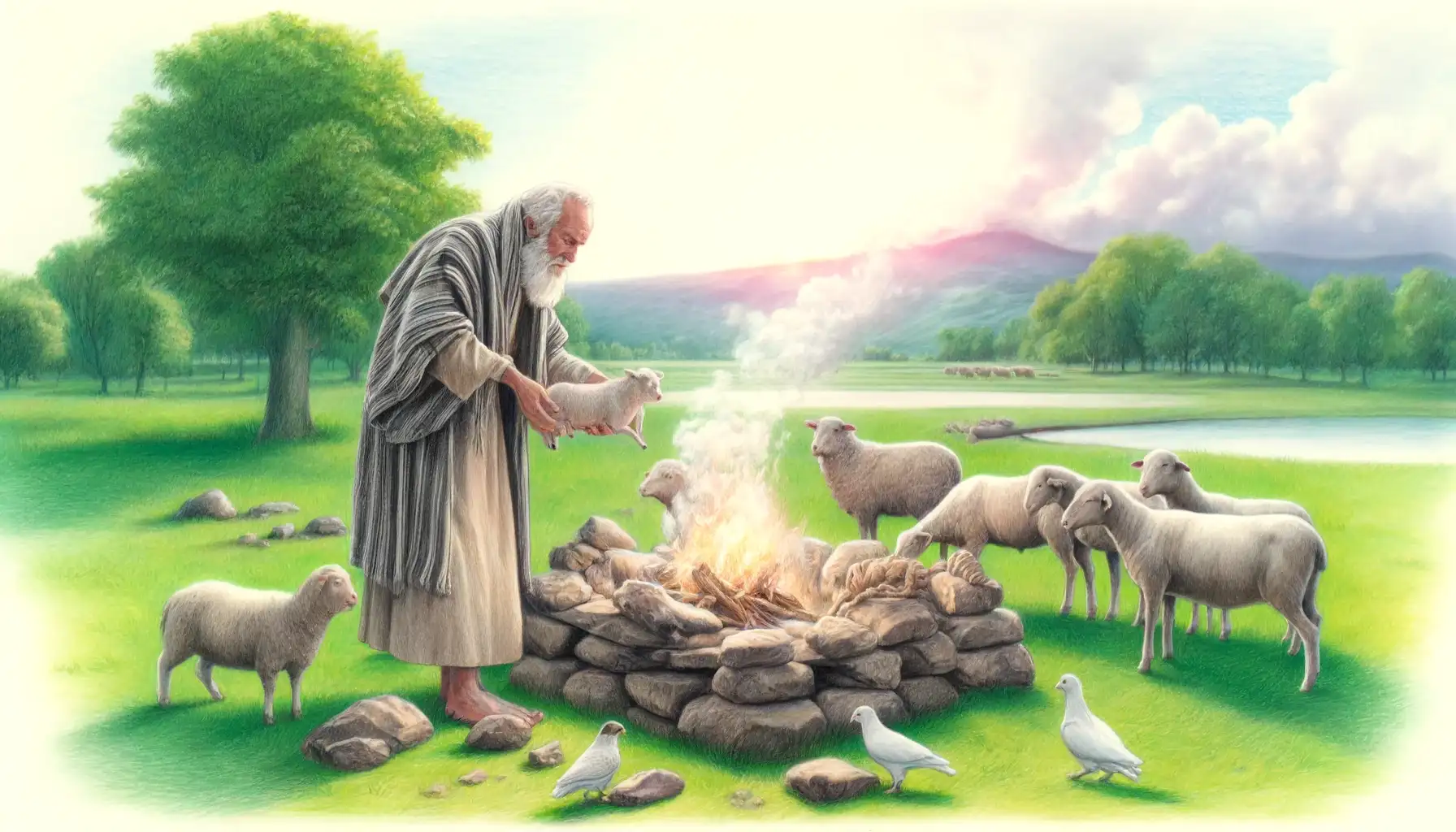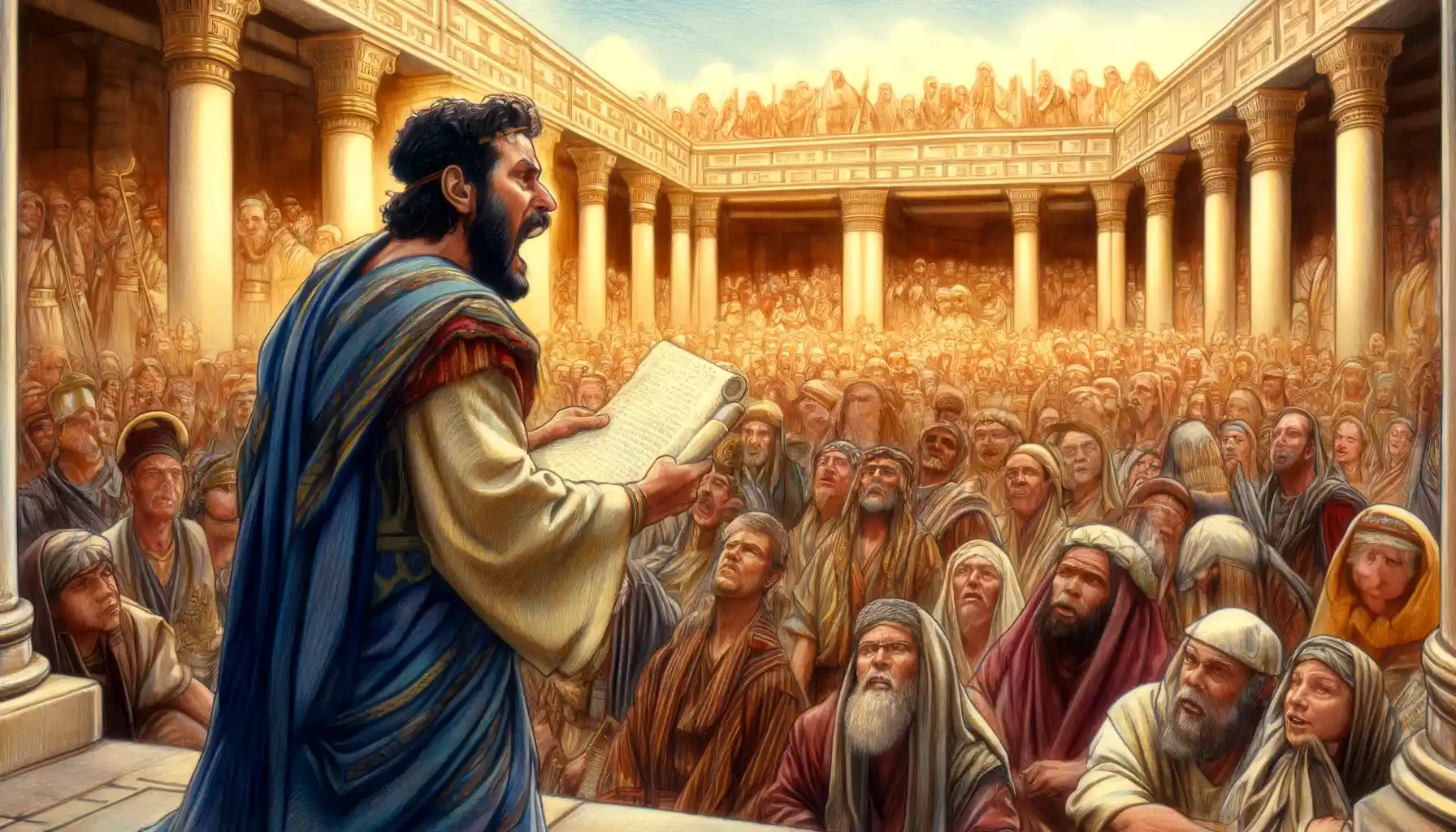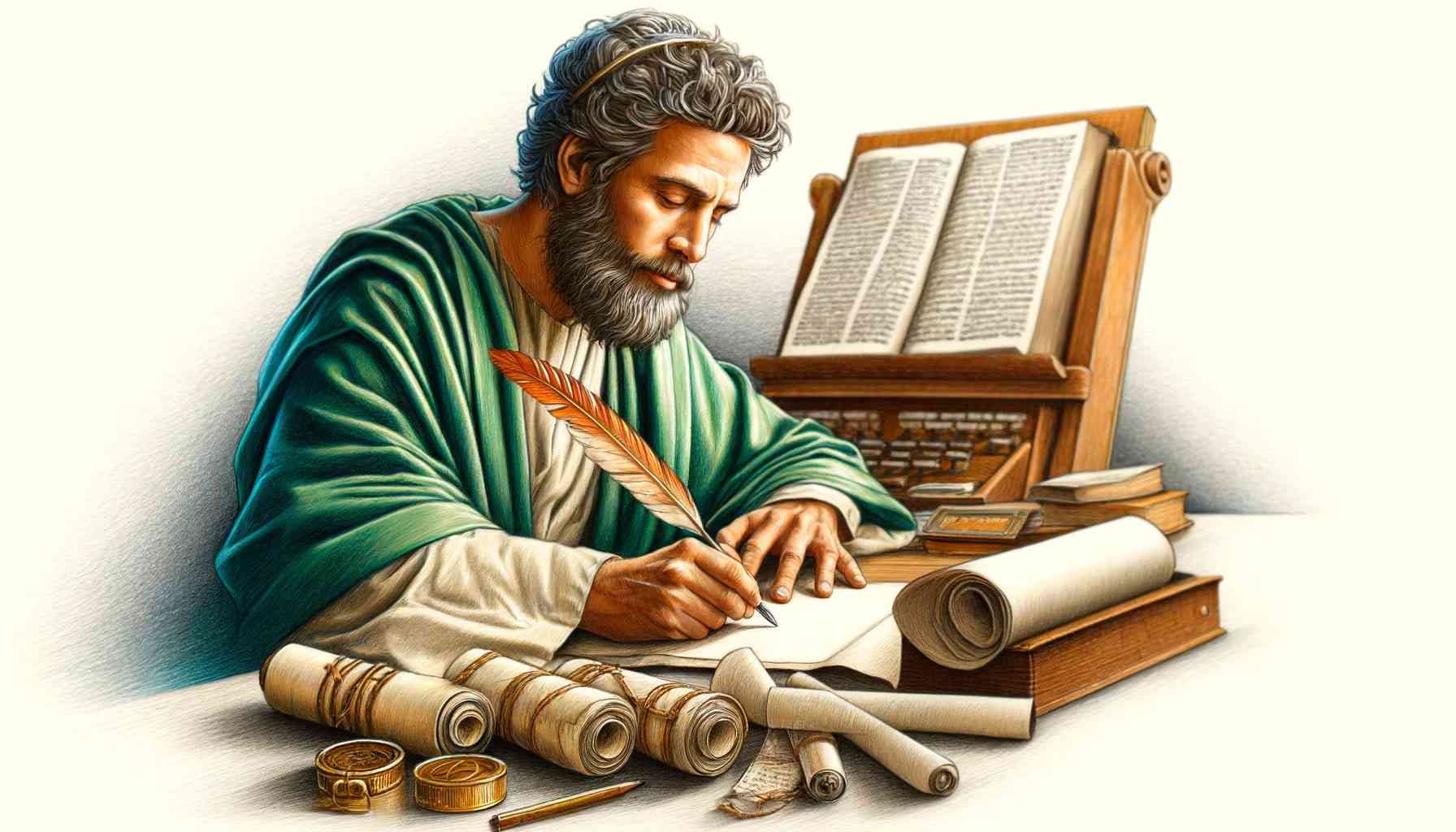Habakkuk, a prophet during a time of turmoil in Judah, questioned God about the problem of evil and received answers that highlighted God’s sovereign plan, leading him to a deeper faith and trust in divine justice.
Ezekiel, a prophet and priest during the Babylonian exile, is best known for his symbolic visions, including the vision of the valley of dry bones, which conveyed messages of hope, restoration, and divine presence to the exiled Israelites.
Daniel is celebrated for his faithfulness to God while in exile in Babylon, where he interpreted dreams, held high government positions, survived the lion’s den, and received significant prophetic visions.
“The Song of Moses,” celebrated in Exodus 15:1-18, is more than a historical recount; it is a theological affirmation of faith in the God who saves and protects, serving as a powerful reminder of the Israelites’ collective identity, formed and sustained by divine acts of salvation, and its enduring presence in religious liturgy underscores its importance as a source of spiritual inspiration and as a doctrinal cornerstone in understanding the nature of God as both protector and liberator.
Though brief, “The Song of Miriam” is a potent articulation of victory, joy, and theological affirmation, commemorating a significant historical event—the Exodus—and celebrating foundational themes such as trust in God’s salvation, the power of communal worship, and the influential role of women in the spiritual life of the community, serving not just as a historical recount but as a lasting testament to the enduring themes of faith and deliverance in the Judeo-Christian tradition.
In 2 Kings 4:32-37, the resurrection of the Shunammite’s son by Elisha, through an intimate and miraculous act of physical contact, highlights the divine power over life and death and underscores the profound faith of the mother, illustrating the close, reciprocal relationship between God’s prophets and those they serve.
Genesis 8:20-21 depicts Noah building an altar and offering sacrifices of clean animals to God, who, pleased by the aroma, promises never again to curse the ground or destroy all living creatures, despite humanity’s inherent sinfulness, thus establishing a foundational moment of covenant and grace between God and mankind.
Jeremiah’s messages, marked by their intensity and range from despair to hope, offer a deep exploration of the challenges and responsibilities of being in a covenant relationship with God.
Luke, a Gentile physician and companion of Paul, authored the Gospel of Luke and the Acts of the Apostles, providing a meticulous and compassionate account of Jesus’ life and the early Church, emphasizing the universality of the gospel, the role of the Holy Spirit, and concern for the marginalized.

